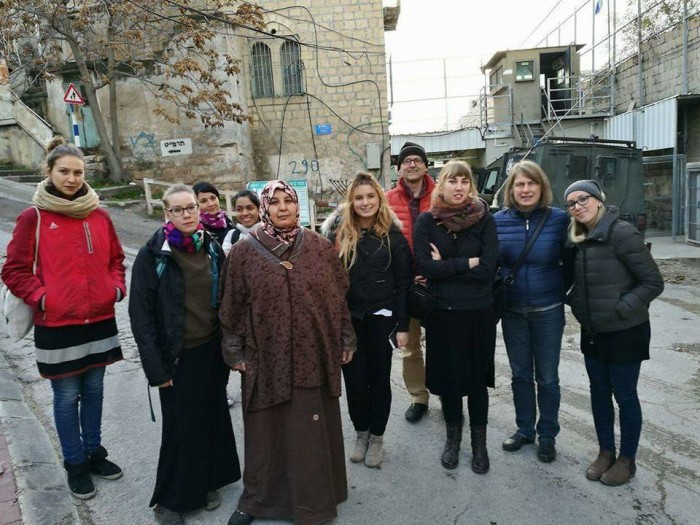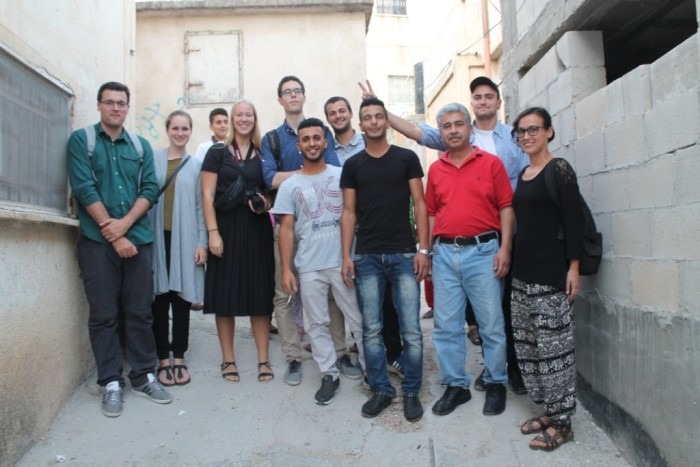
Should I cover my head hair in Palestine? : Girls who come to the Middle East, they wonder if they ought to wear a hijab to cover up their head hair where they see as a respectful behavior toward the community. Some people have an idea that the Middle Eastern communities are so strict regarding this issue but it is not at all.
It is known that the communities out there mostly are Muslim communities who follow the Islamic rules and Al-hijab is an integral part of them. Despite this important fact, not all girls in the Middle East including Palestine wear Al-Hijab and this doesn’t only include girls who belong to the Christian communities that live there but also big number of Muslim girls who don’t wear Al-Hijab as well.

This means that you are not obliged to cover up you head hair while you are there. The only place that you should do so when you visit religious places like mosques. In these places, you will be provided by a cloak that cover your body and your head hair. Despite of this, some international female visitors did so to show respect to the community but it is not a rule.
What you have to know that you need to cover parts that might get people attention. For example, it is better to not wear skirt, short or a shirt that obviously reveal your top.
If you wear clothing that reveals your arms and legs, it is likely that you will receive a lot of attention. Most international female visitors opt for long trousers or pants, or skirts that reach the ankles, combined with loose-fitting shirts that reach the elbows, although t-shirts are also acceptable. Despite this fact, you can wear bikini if you want to swim in the Dead sea for example which is allowed.
It is worth mentioning that Palestinian women have their own freedom to drive cars, work, education, travel and have their own business. This means that big number of the girls in Palestine have their own freedom to wear Al-Hijab or not.
What makes the Palestinian community more open that the Palestinian community is mix of Muslims and Christians where all live-in harmony. Muslims and Christians celebrate each other holydays like Christmas, Eid Al-Fetr, Eid Al-Adha with happiness and joy.
